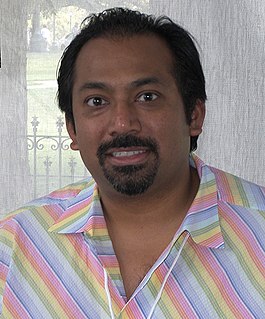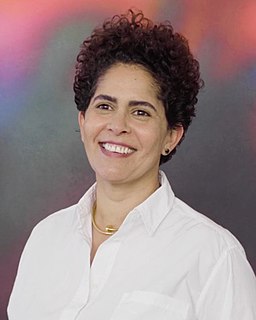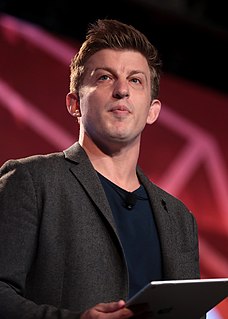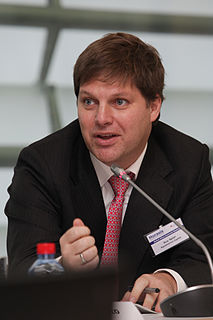A Quote by Donald Worster
Environmental history was . . . born out of a moral purpose, with strong political commitments behind it, but also became, as it matured, a scholarly enterprise that had neither any simple, nor any single, moral or political agenda to promote. Its principal goal became one of deepening our understanding of how humans have been affected by their natural environment through time and, conversely, how they have affected that environment and with what results.
Quote Topics
Affected
Agenda
Also
Any
Became
Been
Behind
Born
Commitments
Deepening
Enterprise
Environment
Environmental
Environmental History
Goal
Had
History
How
Humans
Matured
Moral
Natural
Natural Environment
Neither
Nor
Our
Out
Political
Political Agenda
Principal
Promote
Purpose
Results
Scholarly
Simple
Single
Strong
Through
Time
Understanding
Related Quotes
Political realism is aware of the moral significance of political action. It is also aware of the ineluctable tension between the moral command and the requirements of successful political action. And it is unwilling to gloss over and obliterate that tension and thus to obfuscate both the moral and the political issue by making it appear as though the stark facts of politics were morally more satisfying than they actually are, and the moral law less exacting than it actually is.
Civilization is in no immediate danger of running out of energy or even just out of oil. But we are running out of environment-that is, out of the capacity of the environment to absorb energy's impacts without risk of intolerable disruption-and our heavy dependence on oil in particular entails not only environmental but also economic and political liabilities.
Morality is neither rational nor absolute nor natural. World has known many moral systems, each of which advances claims universality; all moral systems are therefore particular, serving a specific purpose for their propagators or creators, and enforcing a certain regime that disciplines human beings for social life by narrowing our perspectives and limiting our horizons.
Liberal gardeners are people who feel that, through gardening, we can alleviate our sense of alienation from nature; and that, through good gardening, we can repair some of the damage we have done to our environment. The most extreme liberals believe that there is an original or a natural state in which the environment would be if we hadn't shown up on the scene, and that we have not only the ability but also a moral imperative to help nature return to this state.
Food production has affected the environment more than any other activity humans have engaged in. Humanity devotes more land to food production than anything else - roughly a third of the surface area of the earth, much of which was once forest but has been converted by humans into farms or grazing lands.
The natural environment is not particularly hospitable to human life ... the key to having a good environment is improving it through work... . Energy is fundamentally an environmental improver and if we classify it that way it makes sense out of a lot of these controversies... . It's our obligation and our right to make [our environment] as good for human beings as possible. With that view, it's very easy for people to understand precisely the reason it's good to alter it - because it doesn't naturally come the way we need it to be.
But I think it’s important to discuss just how easy it is for any of us to get caught up in things that might seem unthinkable—to get sucked into the wrong environment and make moral compromises that can tarnish us terribly. We like to think that we change our environment, but the truth is that it changes us. So we have to be extraordinarily careful to choose the right environment—to work with, and even socialize with, the right people. Ideally, we should stick close to people who are better than us so that we can become more like them.
There can be no effective control of corporations while their political activity remains. To put an end to it will be neither a short nor an easy task, but it can be done ... Corporate expenditures for political purposes, and especially such expenditures by public-service corporations, have supplied one of the principal sources of corruption in our political affairs.


































